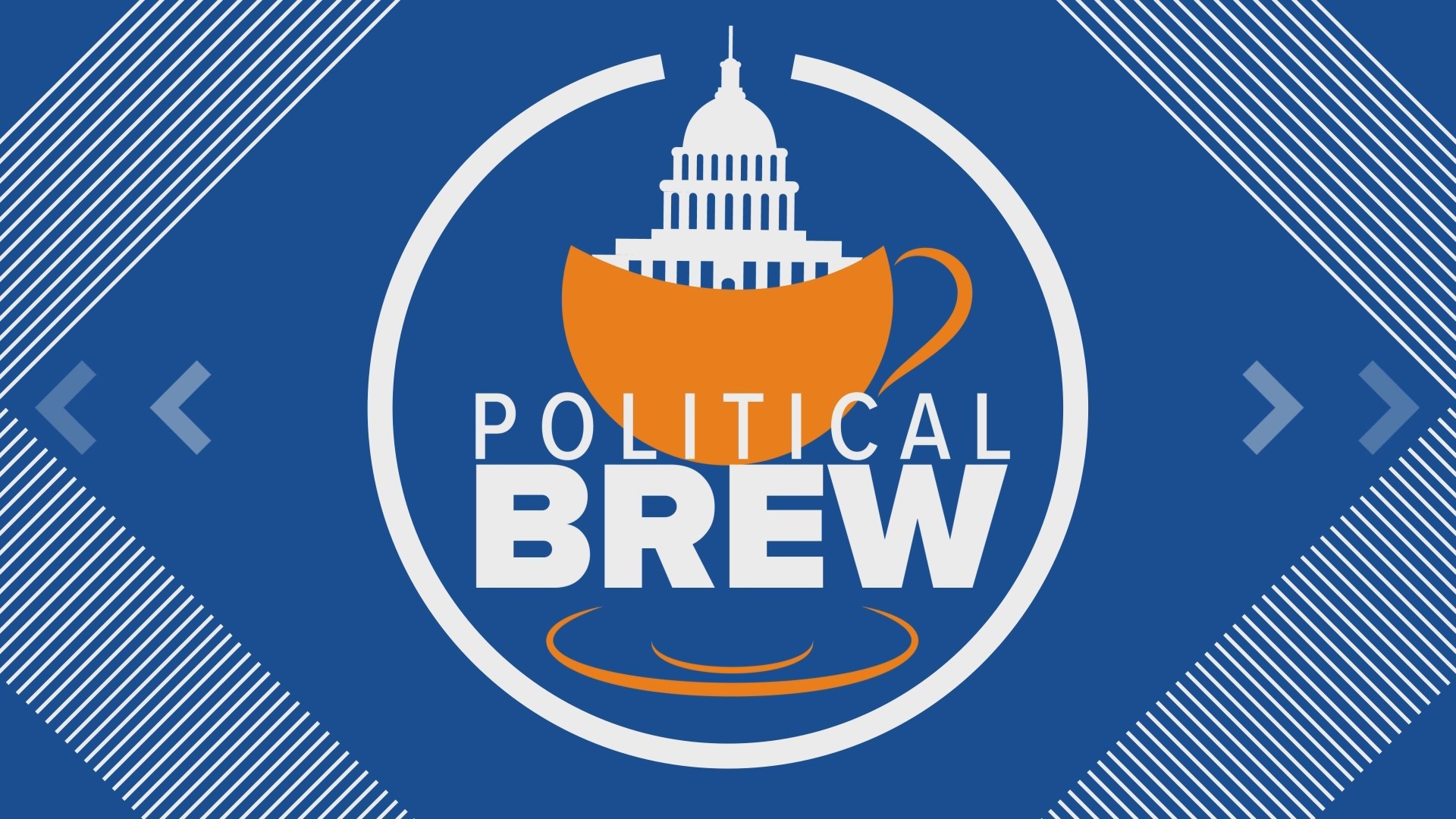MAINE, USA — The U.S. Supreme Court rulings on federal COVID vaccine mandates drew divided opinions on this week’s Political Brew, as did the current Senate impasse over voting rights.
The Supreme Court ruled Thursday that President Biden is allowed to mandate vaccines for health care workers, but ruled the mandate for businesses with more than 100 employees goes too far and overturned it.
Analyst Phil Harriman applauded both rulings, saying the court struck the right balance.
“To force employers to make sure their employees are vaccinated is, in my opinion, beyond the constitutional rights and the court validated that,” Harriman said.
Betsy Sweet said the decision does not help the country fight the pandemic.
“This politicization of this pandemic has warped everything, [along with] the politicization of the court. I don’t know if a different court would have done it differently,” said Sweet.
The two analysts also voiced clear differences over the voting rights bill debate happening in the U.S. Senate.
Sweet strongly defended the need for Congress to pass a new voting rights bill to counter GOP-led voting law changes in a number of states, which Democrats call voter suppression, and a debate Sweet said is “purely political”.
“This is all about trying to decide who will decide the next election … [Republicans] are afraid, scared to death that they will not win so they are resorting to this," she said.
Harriman said he thinks the Senate should not eliminate the filibuster rule over the voting rights issue and said both sides ought to be able to find some area of compromise acknowledging voting rights matter.
“Is it the federal government that should run all elections or the states?" he said. "I’m more comfortable having my state do it.”
On state issues, both said they understood why hospitals might need employees who have tested positive for COVID to stay on the job if they reach crisis staffing.
Sweet said with so many staffers sick, she doesn't know what else hospitals can do.
Harriman said inconsistency in messaging and decisions from government and health officials is a problem.
They also debated a proposal in the Maine Legislature to require most of any end-of-the-year budget surplus to be returned to taxpayers.
Sweet said serious and significant needs are still not being met in the state including primarily affordable housing and mental health care. She said those need to be addressed before returning money to taxpayers.
Harriman said taxpayers deserve to have some of the surplus returned to them, and added that housing and mental health were significant needs when he was in the Legislature more than 20 years ago. He suggested the state may need to finally confront those problems now.
And, on the eve of the Martin Luther King holiday, both did agree that praise is due for all those people who continue to work for equality and help to bridge the continuing racial division in the country.

